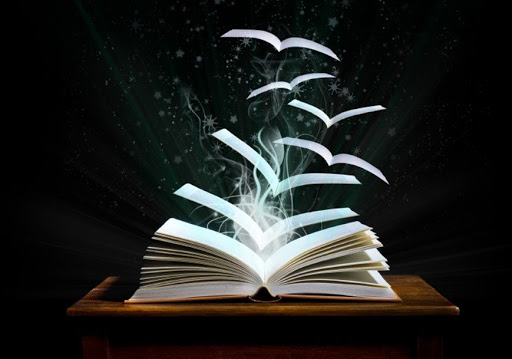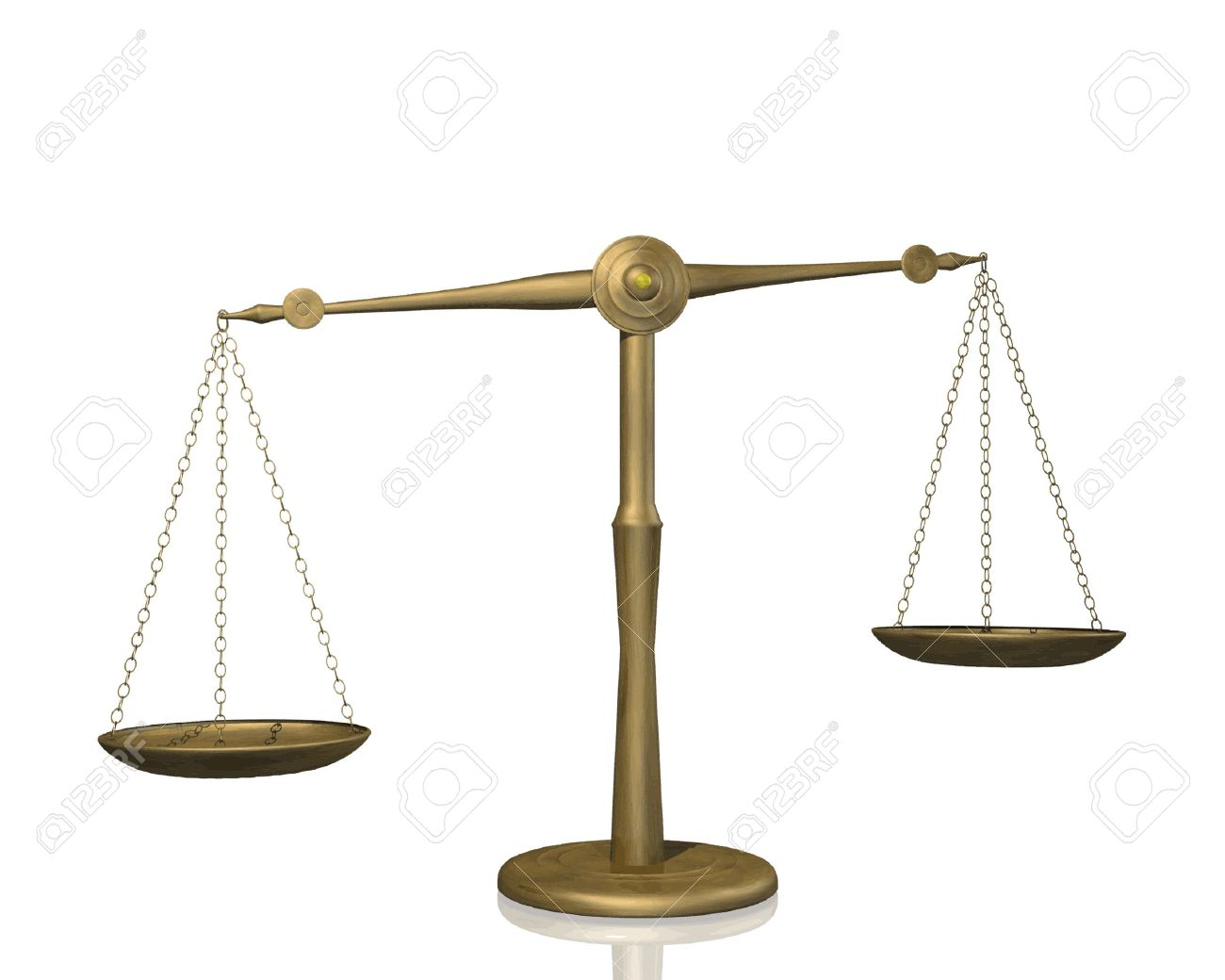Before we enter Yoga Sutra 44, let us understand what time is?
What is time? Now Patanjali asks the timeless question, the perennial question and he comes to it at the very end of “Vibhuti Pada” because to know time is the greatest miracle. To know what time is, is to know what life is. To know what time is, is to know what truth is. Before we enter into the sutras, many things have to be understood; they will become an introduction to the sutras.
Ordinarily what we call time is not real time. It is chronological time. So remember that time can be divided, classified, in three ways. One is “chronological,” another is “psychological,” and the third is “real.” The chronological time is clock time. It is utilitarian; it is not real. It is just a belief agreed upon by the society. We have agreed to divide the day into twenty-four hours. It is very arbitrary that the earth moves in one complete circle on its axis in twenty-four hours; we have decided to divide it into twenty- four. Then we have decided to divide each hour into sixty minutes. There is no intrinsic necessity to divide it that way. Some other civilizations may divide it in a different way.
We can divide the hour into a hundred minutes and nobody is going to prevent us. Then each minute we have divided, into sixty seconds. That too is arbitrary, just utilitarian. It is clock time. It is needed; otherwise society will fall apart.
Something as a common standard is a necessity – just like money, currency money. A hundred-rupee note, a ten-dollar bill, or anything else – it is just a common belief the society has agreed to use. But it has nothing to do with existence. If man disappears from the earth, the pound sterling, the dollar, rupees will all disappear immediately. The earth will be without money immediately without man. Rocks will be there, flowers will still flower, the spring will come and birds will sing, and in the fall old leaves will fall; but there will be no money. Even if there are piles of money on the roads, it will not be money at all, because to call it money a man is needed, to respect it as money a man is needed.
The government goes on promising, on each note the promise is written: The Finance Governor promises to pay you ten rupees worth of gold if you produce this note at the bank. It is just a promise. When there is nobody to promise, the currency disappears.
When man is not there on the earth, clocks may go on chiming time, but it will not be time at all. Nobody will bother, nobody will look at them. Clock time will stop immediately if man is not there; so it is man-created, a social by-product.
The higher a society moves – and when I say “higher” I mean the more complex it becomes – the more and more it becomes obsessed with chronological time. A primitive man has no use for a watch. If you present him, a watch, he will be simply puzzled, for what? What is he going to do with it? A civilized man cannot live without a watch. It is almost impossible to live in-a civilized society without a watch because the whole society runs according to the clock, even sometimes to ridiculous states.
I will tell you one anecdote.
There came a loud knock at the door just as the doctor had settled down for sleep. He got up and asked the man at the door, “What is it!”
“I have been bitten by a dog,” said the man.
“Well, don’t you know that my hours of consultation are between twelve and three?”
“Yes,” groaned the patient, “but the dog did not know and he bit me at twenty to four. So what am I supposed to do?”
Dogs don’t believe in clocks, and things can go to ridiculous ends.
Once you think in terms of the clock, you forget that this is just utilitarian. It is not real time.
At another doctor’s:
The sign behind the desk at the reception portion of the hospital said: Emergency Casualty Registrations. A man staggered in, bruised and muddy. He was plastered with blood bandages, limping on both legs, clutching his arm to stem the flow of blood. He crawled to the desk and groaned, “Doctor, doctor.”
The receptionist asked, “Have you an appointment, sir?”
Once the chronological time is taken too seriously, then one forgets everything else. The whole West is obsessed with time too much. Everything has to be done on time.
One of my friends was travelling in England with one of his English friends, and he was telling me that everything has become so routine that in England you hear expressions like “teatime,” “dinnertime,” “lunchtime.” What do they mean? How can time decide the time for lunch, unless you are feeling hungry? When you say “lunchtime,” it means “hunger time” – now be hungry! And if you are not, then something is wrong with you.
Teatime means now be ready for tea. If you are not feeling, then something is wrong with you; you have to take it. By and by people have forgotten their real hunger, their real thirst. Everything is taken on time. The clock decides. Clock has become the dominator; it dominates. This is a very unreal world, dominated by the clock.
Now there are educationists, psychologists who go on telling the mothers to give the child milk at certain times, after each three hours. The child is crying, the child is hungry; the mother looks at the clock. It is not time yet. The child is hungry; that is not anything to be worried about. The clock has to be looked at. Because when the child is hungry, the child is not to be believed, but the doctor. Now it is none of the doctor’s business to interfere. But once you become obsessed with the unreal, many unreal things enter into your life.
I have heard:
An Irishman fell from a ladder and lay apparently unconscious on the ground. A crowd gathered around him and a doctor was called, who said at once that the poor man was dead. Pat opened his eyes and promptly denied the charge.
“Shh! Pat,” said one of the bystanders. “Don’t be talking nonsense. Surely the doctor knows best.”
Even if you are alive and the doctor says you are dead, you have to behave like a dead man – because of course the expert knows and he knows the best.
With chronological time, the world of the expert has come into existence, because you have lost your roots into reality. For everything you have to ask somebody. People go to Osho and they say, “Osho, tell us how we are feeling.” How you are feeling you have to know. But I understand. The touch, the contact, the connectedness with reality is lost. Even how you are feeling you have to go to ask somebody who knows. You have to rely on somebody else. This is unfortunate, but it has happened in slow steps and humanity has not been aware.
Chronological time is not being used now. It is no longer a means; it has almost become an end. Remember, it is a false time. It has nothing to do with reality.
Deep down from it, just underneath it, is another time which is not real, but more real than the chronological time; that is psychological time. There is a clock, a biological clock, within you. More than men, women are alert to it. They will also not be alert very long because they are trying in every way to imitate men. Still their body functions as an inner clock. After each twenty-eight days, the menstruation comes. The body functions like an inner clock, a-biological clock.
If you watch, then you will see hunger comes at a certain time every day. If you are well and healthy, then needs fall into a certain pattern, and that pattern is repeated. It is only broken when you are not well; otherwise the body moves on smoothly, running in a smooth pattern. And if you are aware of that pattern, you will be more alive than the man who lives by the dock. You are closer to reality.
The chronological time is fixed, it has to be fixed, because it is a social necessity; but the psychological time is fluid, it is not so solid, because each person has his own psychology, his Own mind. Have you watched it? When you are happy, time goes fast.
Your clock will not go fast; the clock has nothing to do with you. It moves at its own pace – in sixty seconds it moves one minute, in sixty minutes it moves one hour. It will continue; whether you are happy or unhappy doesn’t matter. If you are unhappy your mind will be in a different time; if you are happy your mind will be in a different time. If suddenly your beloved comes, unexpectedly knocks at the door, time will almost stop.
Hours will pass – you may not be doing anything, just holding hands and sitting and looking at the moon – hours will pass, and it will look as if only minutes have passed.
Time goes very, very fast when you are happy. When you are unhappy – somebody has died, somebody you loved, death has happened – then time goes very, very, very slowly.
Tags: Patanjali What Time Is










